Intra-elite, state-centric society is a strategic front, and ought to be defended and put to use in the continued development of a global and decolonial turn in IR.
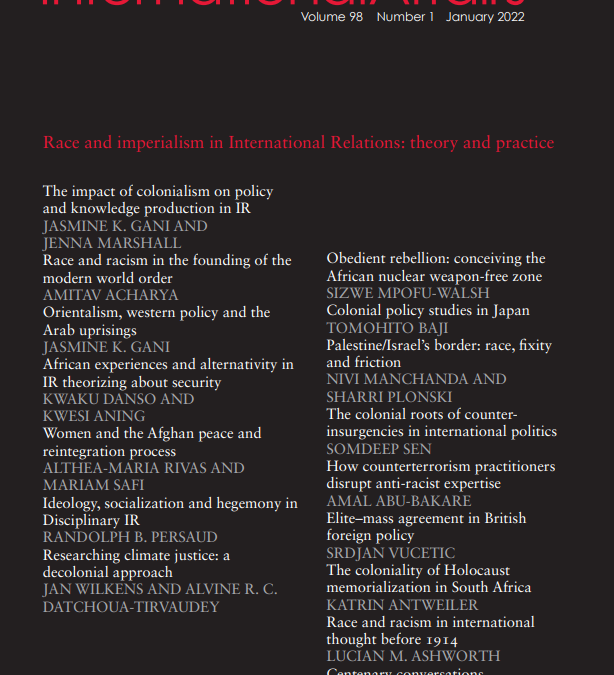

Intra-elite, state-centric society is a strategic front, and ought to be defended and put to use in the continued development of a global and decolonial turn in IR.

Now that the myth of “theory-practice gap” has been largely refuted what role might IR and journals like International Affairs play in crafting a “reparative praxis”?

The International Affairs Centenary Special Issue on “Race and Imperialism in International Relations: Theory and Practice” was published two years ago in the aftermath of the global Black Lives Matter movement; it marked an atypical period of introspection by many scholars, departments, and journals of International Relations on the general paucity of attention given to matters of race and imperialism in IR research and teaching.
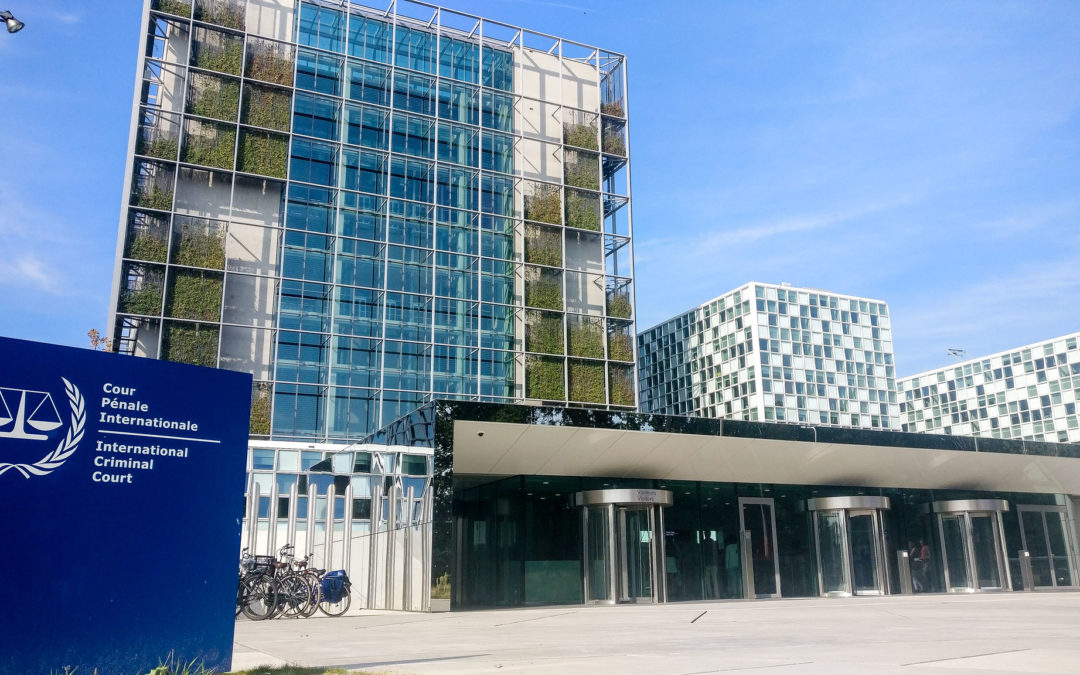
When it comes norm dynamics and how we theorize them, uncertainty presents something of a paradox. We study norms because we think that they matter. But if norms are inherently uncertain, then how is it possible that they constitute, constrain, and otherwise shape the behavior of global actors? Unless norms produce stable and defined expectations, then how can they have the power to structure international politics?

I have mixed feelings about Adam’s article. On the one hand, I think it does a very good job of outlining the realist metaphysical argument for treating states and other similar corporate actors as conscious, or as having minds, if you’re the sort of person who needs that. On the other hand, I am not the sort of person who needs that, and I’m not sure who is. To be clear, I think Adam has applied perspectives from the philosophy of mind in ways that critically examine...

A state of mind is a contagious thingSpread it around you never know what the future brings…Marillion, “State of Mind” n his later writings, Ludwig Wittgenstein spends quite a bit of time thinking about the problem of exactly what we are doing when we refer to the “inner” state of some entity, as juxtaposed with “outer” evidence of that entity’s behavior. We see someone grab at their arm and yell “ouch!”, and then their face contorts in a grimace, but Wittgenstein points out that this is not “outer” evidence of an “inner” mental state called “being in pain.” Rather,...
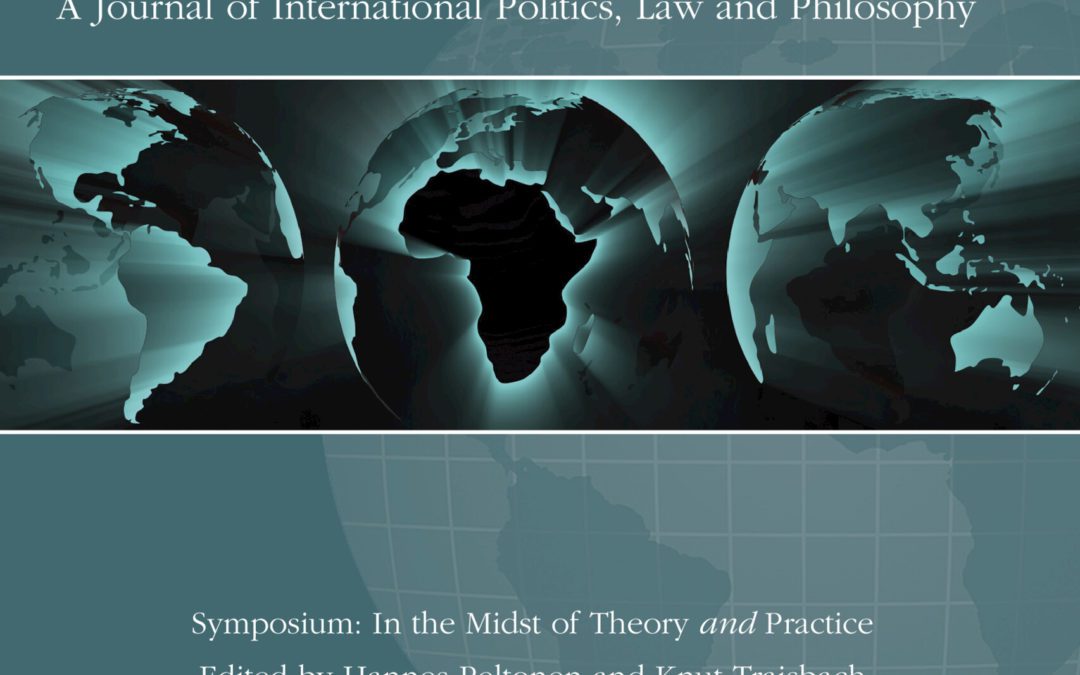
Way back in the summer I commissioned a symposium on Adam Lerner's provocative 2021 International Theory (vol. 13, no 2: 260-286) article, "What's it Like to be a State? An Argument for State Consciousness." Questions of consciousness pervade the social sciences. Yet, despite persistent tendencies to anthropomorphize states, most International Relations scholarship implicitly adopts the position that humans are conscious and states are not. Recognizing that scholarly disagreement over fundamental issues prevents answering definitively whether states are truly conscious, I instead demonstrate...
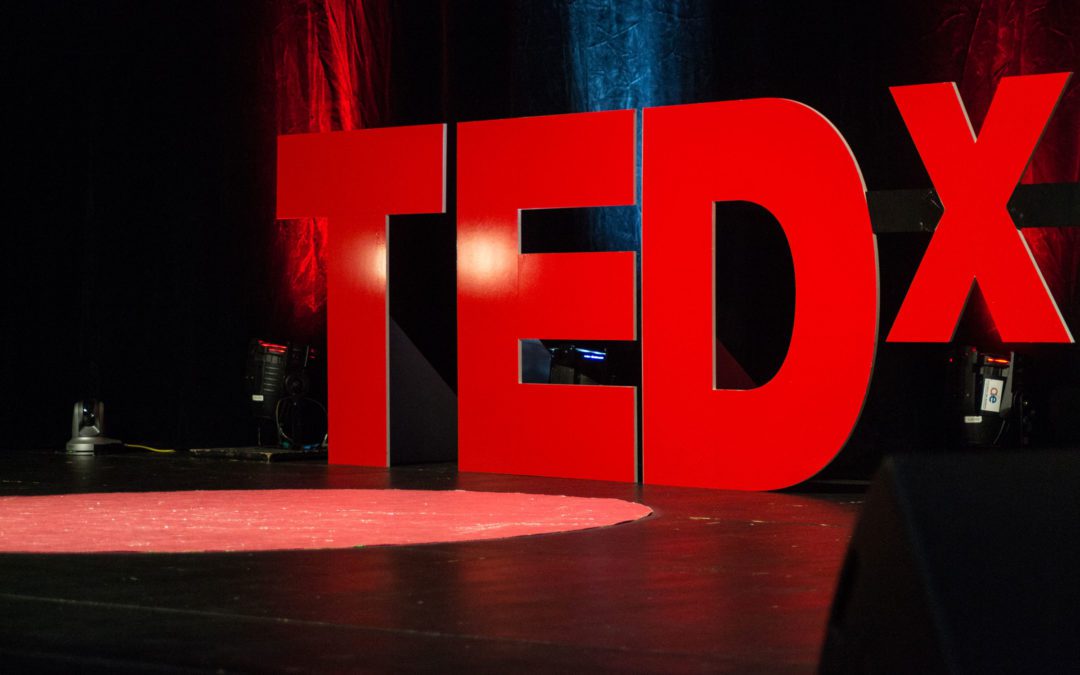
Paul Musgrave concludes the “Lab Leaks” symposium by engaging with his interlocutors and reflecting on the challenges faced by political science in an era of public-facing scholarship.

Musgrave’s identification of dangerous ideas is correct, but his metaphor risks entrenching the fundamental problem: the (inevitable) weaponization of “scientific objectivity.”

Perhaps the problem isn’t that theories leak from the lab, but efforts to seal the lab in the first place. If political scientists spent more time observing the policy world, me might get both better and more careful theories in the first place.
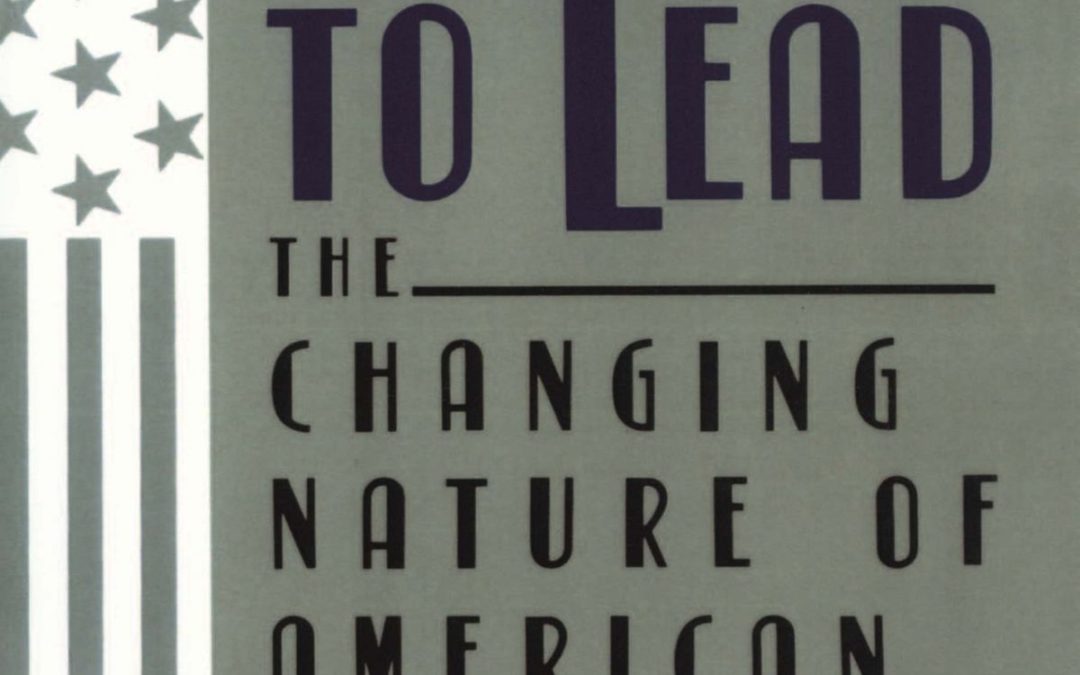
Political Science isn’t sterile laboratory. The discipline is riddled with politics and deeply influenced by policy concerns.

Some political-science lab leaks are more difficult to control than others.